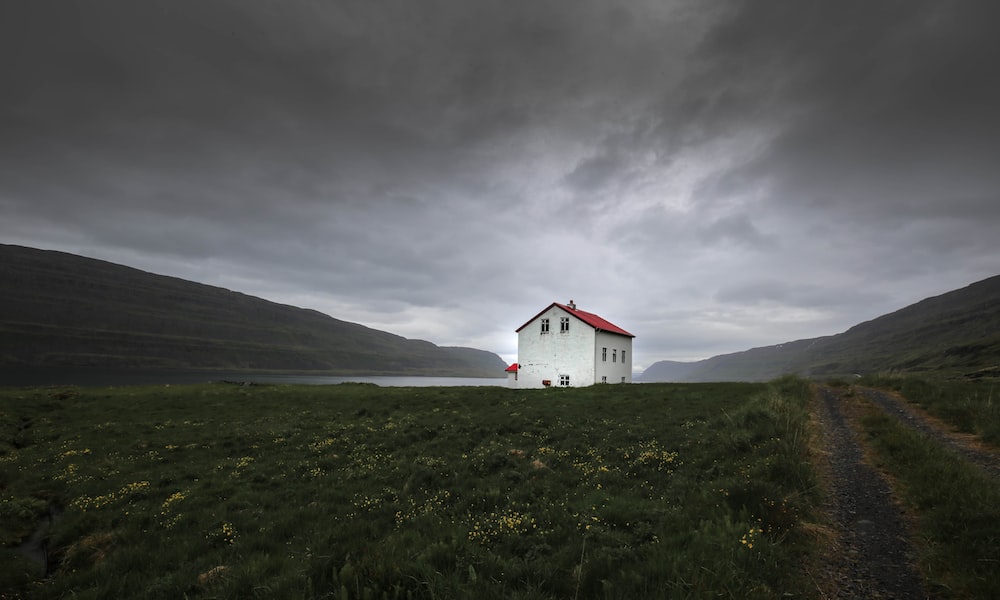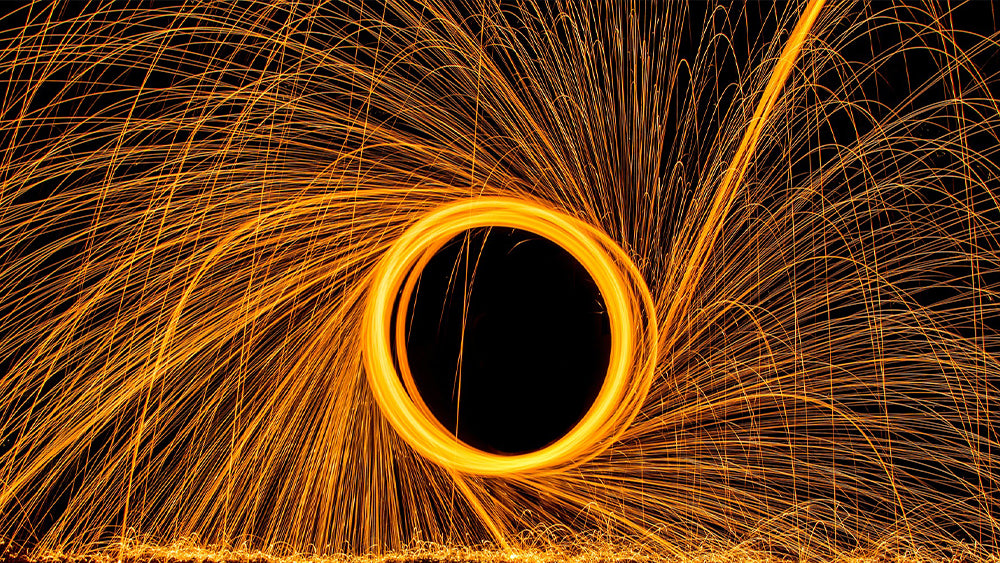
A good camera lens is essential for capturing the best image possible in photography. There are many types of lenses available, so it is important to be able choose the right one for you. These lenses include wide-angles, Fisheye, Macro, multi-coated, and many more. Look out for a camera lens store in your area the next time you are in need of a new lens.
Wide-angle
Wide-angle lenses offer many advantages. One of the benefits is that distant objects can appear closer. In a photo, a wide-angle lens can turn a mountain into a molehill. This type of lens is best for landscapes and scenic shots. Here are a few of these benefits. A wide-angle lens can be a valuable tool in your photography equipment. A wide-angle lens can enhance your photography experience, whether you're a beginner or an experienced photographer.
Fisheye
A fisheye camera lens, a specialty lens for cameras, is one that is widely used. You can use it for many creative purposes. It can create a forced perspective or make a serious point about what the difference is between background and foreground. A fisheye is not the right lens for everyone. These are the pros and cons to using this type camera lens. This article will help you decide whether this is the right lens for you.

Macro
Macro lenses enable for sharp focus on tiny details. The images result in stunning close-ups and compositions. Macro lenses allow you to focus up to six inches away from objects. This technique takes patience and persistence but can produce stunning results. If you like macro shots, macro lenses are the best choice. You can make your subject appear just a few inches away so you can take dramatic close ups.
Multi-coated
Multi-coated cameras lenses offer many advantages. This lens reduces reflections, which means more light can reach the lens. These lenses can have flare, washout, and reduced contrast. Lenses are now coated with scratch-resistant vapors to reduce these negative effects. Numerous modern lenses come with multiple layers of coating that increase scratch resistance and enhance contrast. Multi-coated lenses can improve the quality and clarity of your photos.
Low-aperture
If you're new to photography and you're interested in learning about low-aperture cameras, you should start by exploring what your camera's aperture is. Aperture refers to the opening in a camera lens. If you open your aperture, more light enters the camera sensor and the result will be brighter. You can also alter the photo exposure by changing the aperture setting. The aperture has a significant impact on shutter speed, depth-of-field and shutter speed. An aperture that is larger will produce brighter images, while one with a smaller aperture will produce duller photos.
Large-maximum aperture
When it comes to photography, a wide-maximum aperture camera lens offers two benefits. The first benefit is that it lets in a lot more light. This means that the shutter doesn’t have as long to open. The second is that a wide-maximum aperture camera lens allows for a shallow depth of field. Here's an example of a shallow depth-of-field photo: This turtle photo was taken at f/3.2. This is an important feature for nature photographers, since it helps them reduce background noise.

Price
You are in luck if you want to get the best price for a camera lens. Amazon is your best choice for camera lens retailers. You'll also save money. MPB, the online retailer of used cameras, began in Europe as the largest. But, MPB recently expanded into the United States. The company's inventory grew exponentially thanks to this massive influx. But, some retailers sell gray-market goods, such used lenses.
FAQ
What Camera Should I Get
All depends on the type of photographer that you want to be. A basic point and shoot camera is enough if you are just starting.
However, once you've mastered the basics, you'll likely want something more advanced. Personal preference is the only way to decide.
These are some things you should consider before buying a camera.
-
Features: What features will you require? Will you use manual settings or autofocus? How many megapixels does your camera have? Is there one?
-
Price: How much are you willing and able to spend on your camera? Are you looking to replace your camera every few years?
-
Brand: Is it possible to be happy with your brand choice? You shouldn't settle for less.
-
Functionality: Can your camera work in low-light conditions? Do you have the ability to take high-resolution pictures?
-
Image Quality: How sharp and clear are your images?
-
Battery Life: How long will your camera last between charges?
-
Accessories: You will be able attach additional lenses, flashes and other accessories. ?
What camera is the best for beginners, and why?
The best camera choice for beginners is determined by your budget, skills, and needs.
You might consider a point-and shoot digital camera if you are trying to save money. These cameras are not very versatile but offer excellent quality.
Digital Single Lens Reflex (DSLR) cameras can be equipped with interchangeable lenses that enable you to shoot different types. These are typically more expensive than point-and-shoots, but they provide much greater flexibility.
A beginner's kit for beginners is a good place to start. All you need is included in this package: a camera body and lens, flash, memory card, tripod and flash.
Also, don't forget about extra batteries!
How do I look good in pictures?
Photographing yourself is the best way to make sure you look professional in your photos. You'll learn how to pose for the camera, what angles are flattering, and which ones aren't. You'll also learn how to use lighting and props to enhance your natural beauty.
You'll discover how to choose clothes that fit well, make-up that looks great on you, and hairstyles that suit your face shape and style.
We'll also show you how to retouch images with Photoshop or other editing software if you aren't satisfied with the results.
Do yourself a favor and take some self portraits!
Is photography a talent or a skill?
Photography is not an artistic talent. It is an art that takes practice, training and experience. To master any aspect of photography, it takes years of practice and study.
Photographing is a business that requires a plan.
To achieve this, it is important to first understand the kind of clients that you wish to attract and then find ways to reach them.
You must know their identity and what they want. To convince them to purchase your services, you need to be able to communicate clearly.
This means that potential clients will require you to be well-organized.
To be ready to meet potential customers, you'll need to build a portfolio. You can either create a portfolio digitally with software programs, or print it on paper.
After you have built a portfolio, it is time to look for ways to showcase it. You can either approach businesses directly or advertise online.
How do I learn to take photos on my own?
There are many methods to learn how you can take amazing photos. You have the option to buy a book and attend classes, join an on-line community, or watch YouTube tutorials. But if you want to master the art of taking pictures, there's nothing better than doing it yourself! By doing it yourself, you are in complete control of what goes into each shot. And you'll continue to improve as long you keep learning.
The best thing about digital photography? You don't need any expensive equipment. All you need is an internet connected computer and a camera. The rest is up to you.
These are some suggestions to help you get started.
-
Make sure you are familiar with your camera’s manual settings.
-
Learn how to use the controls.
-
Make sure to take lots of pictures.
-
Make sure to edit them.
-
These should be shared.
-
Keep practicing.
-
Experiment.
-
You can try different perspectives and angles.
-
Use light sources creatively.
-
Practice makes perfect.
-
You don't have to be afraid of failing.
-
Be patient.
-
Have fun
Should I start photography as a hobby?
Photography is a wonderful way to share memories with family and friends. Photography also lets you learn more about the world around.
There are many resources online that will help you take better photos if you're interested in this topic.
You may also want to consider taking classes at local community colleges or art schools. This will allow you to network with other photographers who can give valuable feedback on your work.
How do I become a good photographer?
Photography is an art. It requires dedication, patience, dedication, and, above all, passion. If you are passionate about your photography, you will do much better than you would if you were only interested in making a living.
It is important to know how to properly use your camera. It is important to understand the basics of composition, lighting and exposure. Additionally, you should have a good grasp of Photoshop.
It is hard to master photography, but it is worth the effort.
To improve your skills, you can read books and attend classes. You can also participate in competitions. You will gain confidence and experience, which can lead to improvements. What equipment will I need?
It all depends on what type photography you do. A wide-angle lens is necessary for landscape photography.
If you are into portrait photography, you must invest in a telephoto lens.
When taking photos, a tripod is essential. A tripod allows you to stand still and compose your photograph without having to move.
Camera bags are useful for carrying your memory cards and other accessories.
If you use a compact camera, a flash unit is required.
An DSLR (Digital Single Lens Reflex) is the best camera for beginners wanting to take professional quality photographs.
DSLRs are very popular because you can control every aspect of the photo including shutter speed, apertures, ISO sensitivity and white balance. These cameras also offer a variety of features, such as autofocus (auto-exposure locking), self-timer bracketing and RAW format.
Statistics
- In this case, 100% of readers who voted found the article helpful, earning it our reader-approved status. (wikihow.com)
- The second easiest way to get blurry photos 100% of the time is to use a cheap filter on the front of your lens. (photographylife.com)
- Get 40% off Adobe Creative Cloud(opens in new tab) (creativebloq.com)
- By March 2014, about 3 million were purchased monthly, about 30 percent of the peak sales total. (en.wikipedia.org)
External Links
How To
What are the requirements to be a good photographer?
Basic skills for any job in photography include artistic ability, technical knowledge, and business acumen.
Technical knowledge includes understanding exposure settings, camera functions, lens types, film speeds, and developing techniques.
Artistic ability involves understanding composition, lighting, and posing and knowing how to use Photoshop and other editing software.
Business acumen is about managing time, budgeting, time management, and dealing effectively with clients.
A passion for photography is essential if you are to become a professional photographer.
Photography classes can be taken at schools, colleges, or online.
You can also find many books that will teach you everything about photography.
You should not only learn photography but also develop your own style.
This will help you stand out from others who work in this field.
Photography has changed through the years. In the past cameras such as the Kodak Instamatic, Polaroid instant and other cameras were used.
Digital cameras are now more popular than ever. Most photographers now use their smartphones for taking photos.
You can buy a smartphone with high-quality photos, but if your goal is to become a professional photographer, you will need a DSLR (Digital Single Lens Reflex) to take great pictures.
A DSLR can be used to control every aspect, from shutter speed, aperture, ISO, sensitivity, white balance, focus, and white color.
These features enable you to create stunning photos and different effects.
You can also use these controls to alter the mood of your photograph.
By using a fast shutter speed, for example you can blur the subject.
You can make them appear like they're moving by increasing light into the camera.
Another way to change the mood of your image is to adjust the color temperature of the scene.
You can, for example, increase the red in the picture if you see a lot of blue light. This will give it a warmer look.
It may be difficult at first to determine which direction your camera should point.
However, once you understand the basics, you will soon realize that it is not so hard after all.
It's much simpler than you think!
When you first start out, you will probably only shoot landscapes or close-up shots of objects.
But don't worry; as you gain experience, you will be able to capture anything from portraits to abstracts.
Once you have learned the basics, it is possible to move on with more advanced subjects.
Here are some tips to help you get started:
-
Find a peaceful place. You should choose somewhere you feel comfortable and relaxed.
-
Find something interesting to photograph. Photograph unusual or rare objects.
-
Make sure to take lots of practice photos. Practice makes perfect!
-
Experiment with different angles. You can hold your camera at different angles depending on what you want to accomplish.
-
Use different lenses. Different lenses can offer you different perspectives.
-
Shoot in low-light conditions. It can be difficult to shoot in bright sunlight.
-
Practice framing your shot. Frames are an important skill when you capture an image.
-
Learn how to use your camera settings. It is a great way to improve your photography skills by experimenting with the settings of your camera.
-
Continue to learn new techniques. Photography is a vast subject. Visit local galleries, museums, libraries, and other venues to find out more.
-
Read magazines and books. Reading about photography will teach you everything you need to know.
-
Join a club. Photograph clubs often host events that encourage members sharing their work.